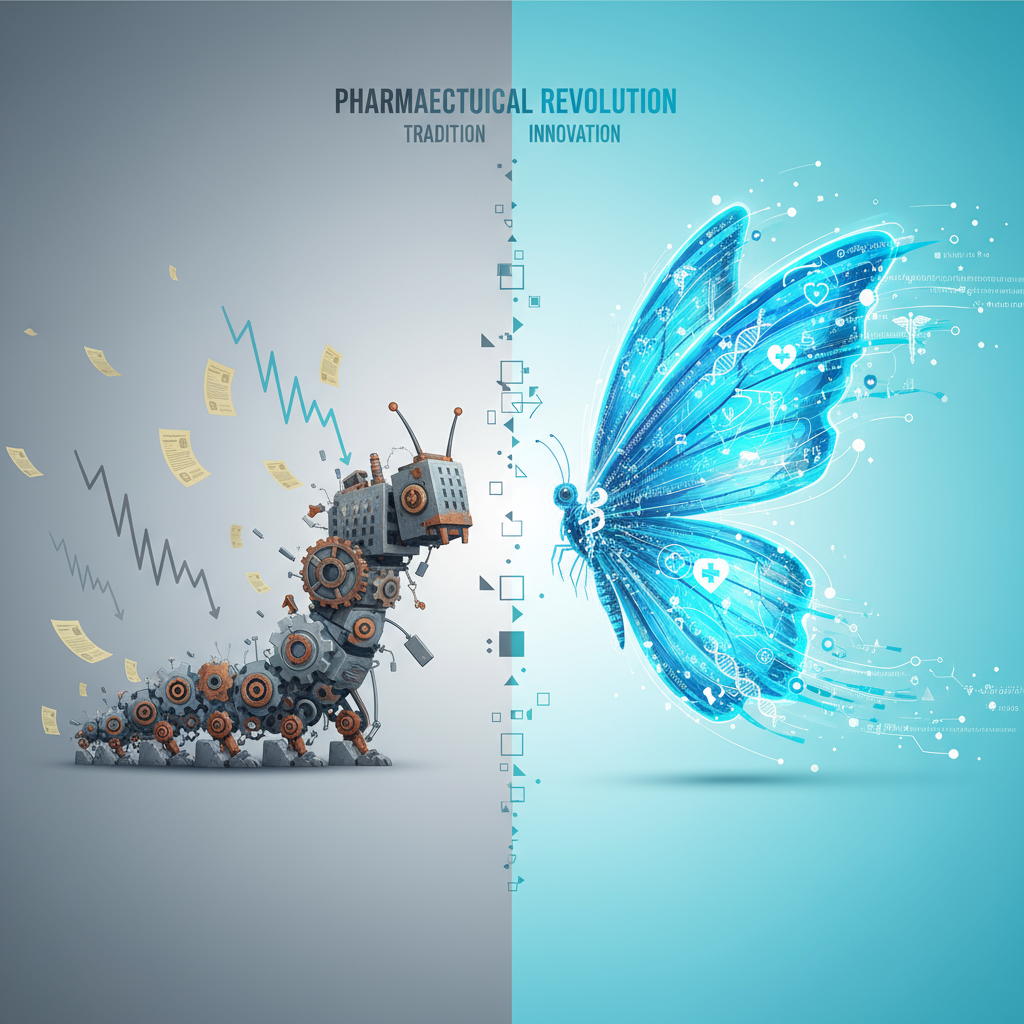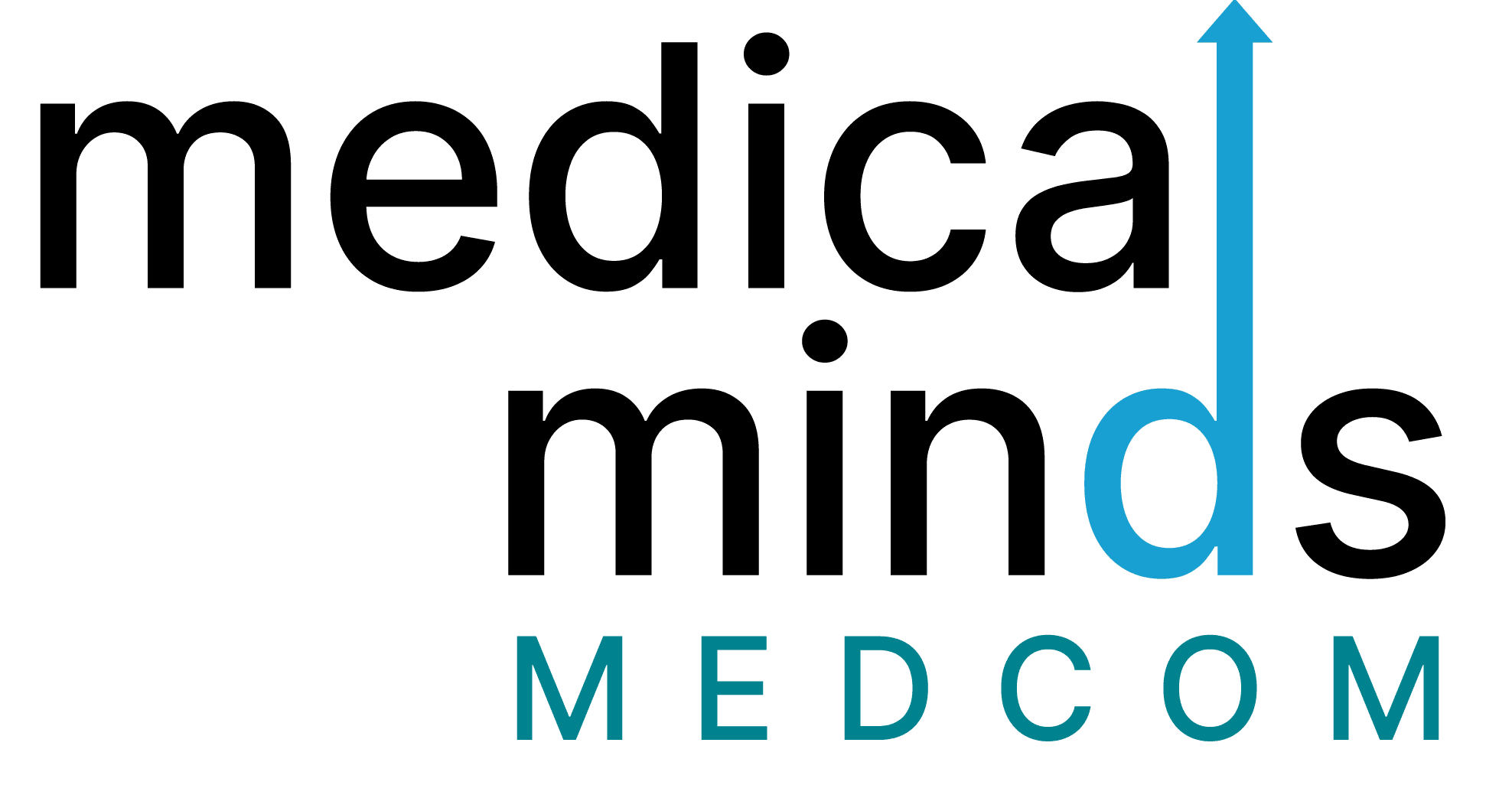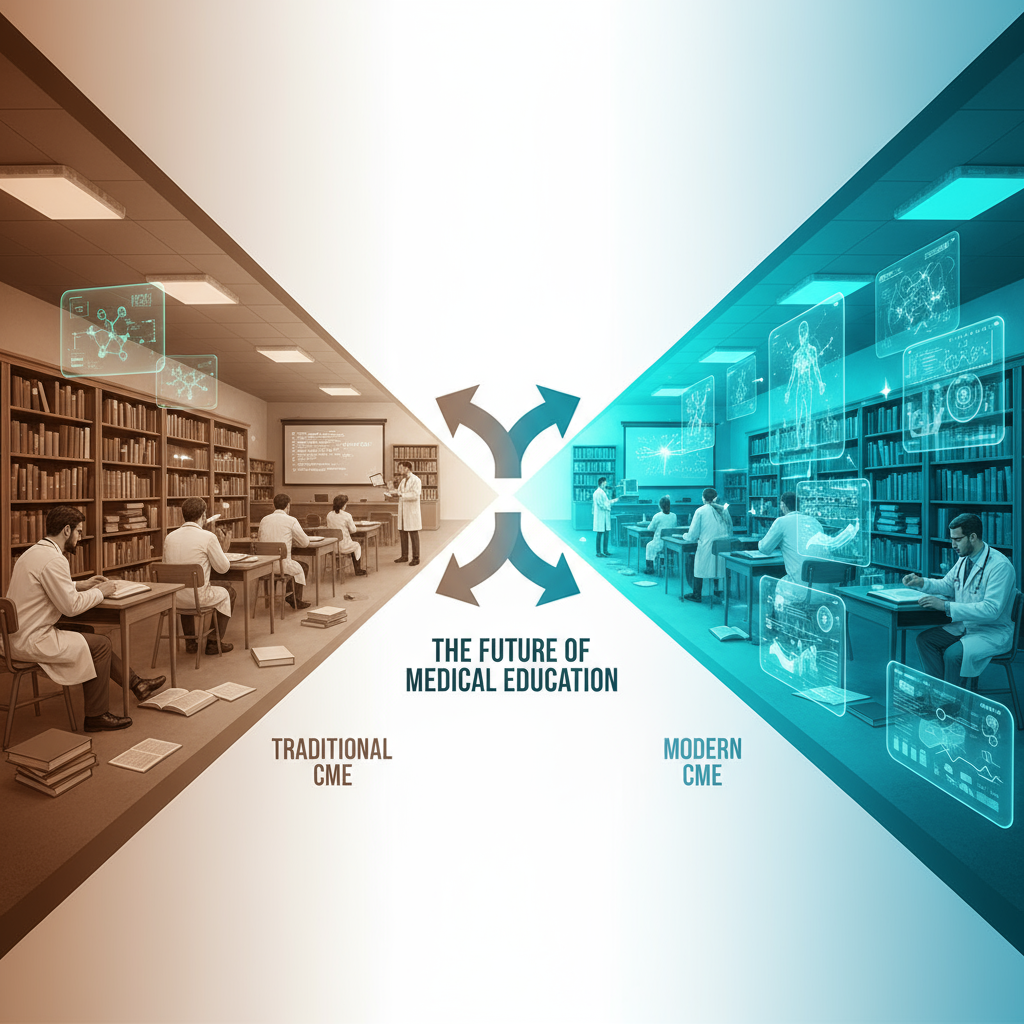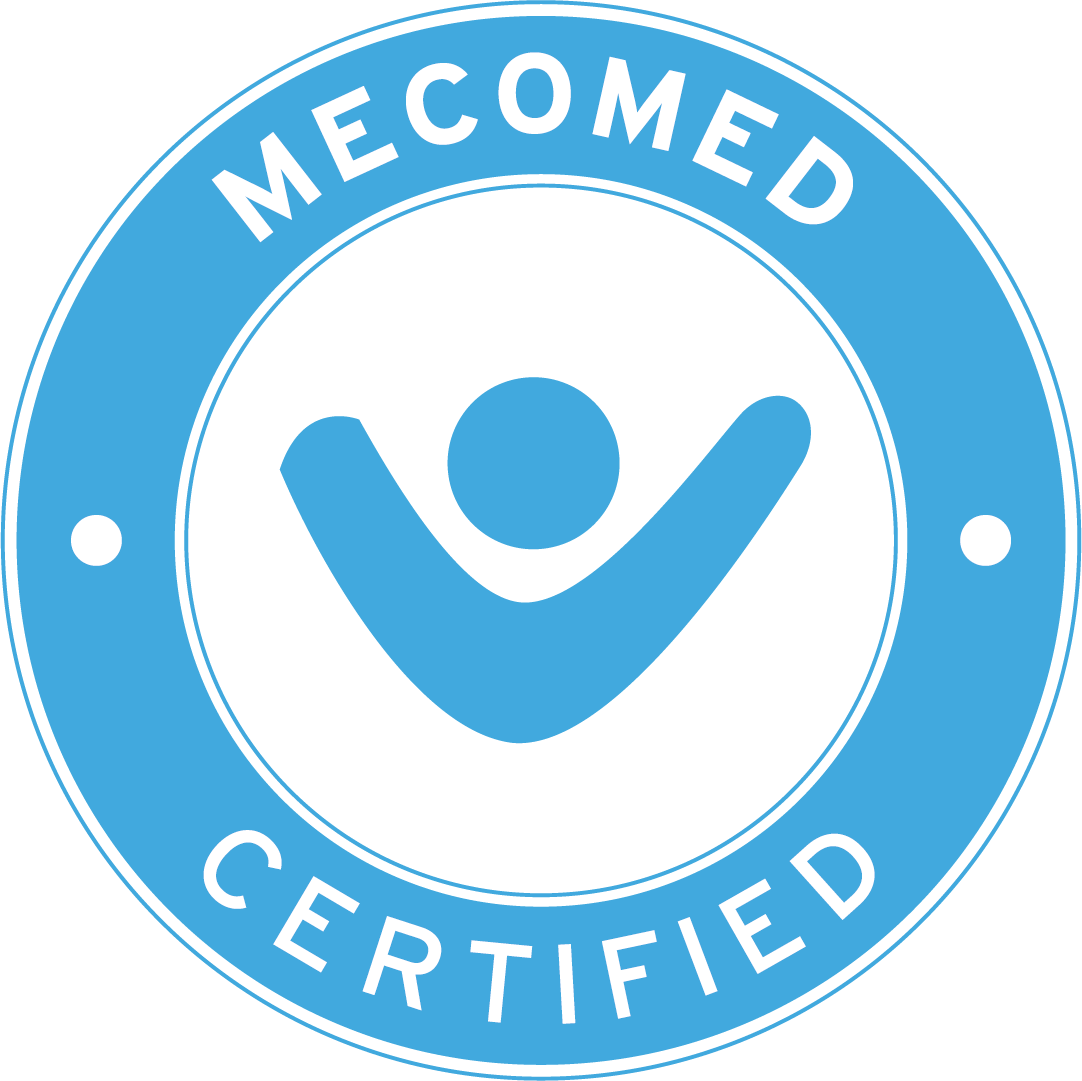Back to Blog
Healthcare Communications
Featured
The End of Pharma As We Know It: 4 Surprising Strategies Redefining the Industry
For decades, the pharmaceutical industry was seen as a slow-moving giant operating on a simple playbook: create a blockbuster drug, patent it, and sell it hard.

The Crumbling Traditional Model of Pharmaceuticals
The traditional pharmaceutical model is faltering. Its foundational pillars are buckling under the immense pressure of relentless patent expirations, slowing market growth, and a significant shift in stakeholder expectations. Alarmingly, two-thirds of new drugs fail to meet their sales targets within their first year.
The "Billion-Dollar Drug" Is a Relic: Welcome to the Age of the Super-Blockbuster
Historically, a "blockbuster drug" was defined as one generating at least $1 billion in annual sales—a benchmark that epitomized success in the pharmaceutical industry. However, this standard has become increasingly obsolete in today's market.
The New Benchmark: $3 Billion
Recent analysis from IQVIA indicates that a "true blockbuster" must now generate over $3 billion in sales. In 2022, only 45 products qualified under this new criterion, a stark decline from the 188 products that met the previous $1 billion benchmark. Furthermore, the entry point for the top 10 best-selling drugs has skyrocketed to an astonishing $10 billion annually.
The Shift in Pharmaceutical Strategy
The paradox is striking: the pathway to achieving these colossal sales figures is no longer through mass-market drugs targeting common conditions such as high cholesterol. Instead, it now lies in high-priced specialty therapies aimed at smaller, more targeted patient populations, particularly in oncology and rare diseases.
This transition places immense pressure on pharmaceutical companies, which increasingly depend on substantial cash flows from these blockbusters to fund the rising costs of research and development (R&D). As a result, the traditional model for creating blockbusters has fundamentally changed, necessitating a strategic pivot from broad marketing approaches to one focused on precision engagement.
Your Smartwatch and Health Apps: Pharma's Newest Obsession
The pharmaceutical industry is expanding its reach beyond clinical settings and into patients' daily lives through Patient-Generated Health Data (PGHD). This data, produced directly by patients using devices such as smartwatches, fitness trackers, and mobile health applications, is invaluable.
The Power of Continuous Data
Unlike traditional medical records, which provide a fleeting "snapshot" during brief office visits, PGHD offers a "longitudinal movie" of a patient's daily health. This continuous data stream bridges information gaps between appointments, enabling a level of "hyper-personalization" that was previously unattainable.
Pharmaceutical companies can analyze PGHD to gain insights into individual patient journeys, allowing for tailored support at critical moments. For example, they might identify patients at risk of non-adherence to their medication and send personalized reminders to encourage compliance.
A Transformative Shift in Patient Relationships
This evolution signifies a profound change in the industry’s role. The relationship with patients is transforming from a transactional one into a genuine partnership, with pharmaceutical companies actively participating in managing patients' daily health.
Your Next Prescription Might Be a Video Game
The definition of medicine is expanding to include Digital Therapeutics (DTx). These are not simply wellness apps; they are evidence-based, software-driven interventions designed to treat medical conditions, validated through rigorous clinical trials and overseen by regulatory bodies such as the FDA.
A Case Study: Akili Interactive
A notable example of this shift is Akili Interactive's EndeavorRx, the world's first FDA-authorized video game treatment aimed at improving attention in children with ADHD. Initially, Akili pursued a traditional prescription-based model but faced challenges securing insurance reimbursement.
In a strategic pivot, Akili transitioned to a non-prescription, direct-to-consumer subscription model called EndeavorOTC. This move proved successful, resulting in an impressive 420% year-over-year revenue growth in 2023, reaching $1.7 million.
The New Frontier of Digital Medicine
The rise of DTx, alongside innovative business models like Akili's, signals a new frontier where treatment can be an immersive digital experience, fundamentally altering our understanding of what constitutes "medicine."
Drug Companies Are Starting to Offer a "Money-Back Guarantee"
In a significant departure from traditional practices, pharmaceutical companies are now embracing value-based contracts (VBCs). These groundbreaking agreements tie a drug's price directly to its real-world performance, addressing the high costs associated with new medications.
Managing Financial Risk
This model allows insurers and healthcare systems to manage financial risk by ensuring they only pay for treatments that demonstrate effectiveness. For manufacturers, it serves as a powerful tool to showcase confidence in their product's value.
Notable Examples
One prominent example is Amgen's contract for its cholesterol drug, Repatha. This agreement functions essentially as a "money-back guarantee," wherein Amgen refunds patients who experience a heart attack or stroke while using the drug. Similarly, Novartis offers rebates for its heart failure drug, Entresto, if hospitalization rates exceed a specified threshold.
A Monumental Shift in Pharmaceutical Practice
This trend represents a monumental shift in the industry, transitioning from a model focused on volume sales to one centered on proving value, thereby fundamentally redefining competition.
Conclusion: Beyond the Pill
These four transformations—the redefinition of the blockbuster, the embrace of patient-generated data, the emergence of digital medicine, and the adoption of value-based pricing—are interconnected elements reshaping the pharmaceutical industry.
A successful value-based contract requires detailed patient data, which can be collected through companion Digital Therapeutics applications. In turn, DTx generates a continuous stream of patient data that facilitates hyper-personalized support for related medications.
The Future of Healthcare Solutions
The market leaders of the future will not merely be "pill companies" but rather "health solutions companies," where products are defined by the outcomes delivered through an integrated approach. This encompasses therapeutic molecules, data-driven support services, personalized engagement, and financial risk-sharing agreements.
As the industry redefines itself around integrated health solutions, a critical question emerges: which entity—the legacy healthcare system or the newly data-savvy life sciences company—will be better positioned to own the patient relationship and navigate this complex new ecosystem of care?











.jpg)